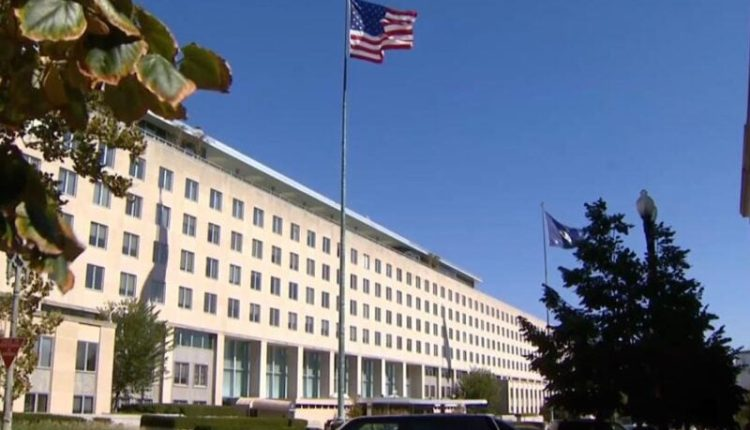U.S. Urges Prevention of Syria Becoming a Terrorism Hub Amid Political Transition
DAMASCUS, Syria (North Press) – A senior U.S. State Department official told North Press on Wednesday that Washington is closely monitoring developments in Syria and remains committed to ensuring the country does not become a source of international terrorism.
Since the fall of former President Bashar al-Assad on December 8th, Syria has entered a new political phase, facing major challenges in governance, security, and economic stability. The United States, along with international partners, is emphasizing the importance of a stable and inclusive transition.
“We are monitoring recent developments in Syria. The United States continues to call for an inclusive political transition,” the official stated. “It is important to prevent Syria from becoming a source of international terrorism and to deny foreign malign actors the opportunity to exploit Syria’s transition for their own objectives.”
U.S. Policy and Regional Stability
The United States has long viewed Syria as a geopolitical flashpoint due to the presence of multiple armed factions, foreign military interventions, and the remnants of terrorist organizations such as ISIS. Despite ISIS’s territorial defeat in 2019, the group continues to carry out attacks in eastern Syria, raising concerns among international security agencies.
In the same context, U.S. Secretary of State Marco Rubio emphasized the need to capitalize on Syria’s political shift to foster long-term stability. “If there is an opportunity in Syria to create a more stable place than what we’ve had historically, especially under Assad, where Iran and Russia dominated and where ISIS operated with impunity, we need to pursue that opportunity and see where that leads,” Rubio said.
Challenges Facing Syria’s Transition
Syria’s transitional leadership, led by Ahmad al-Sharaa, has been engaging with regional and international stakeholders to secure political and economic support. However, the country remains deeply fragmented, with various factions exerting influence over different regions.
The ongoing presence of Iranian-backed militias in central and southern Syria, along with Russian military interests, continues to complicate efforts for a unified national framework. Meanwhile, the U.S. has maintained a military presence in northeast Syria, where it supports the Syrian Democratic Forces (SDF) in counter-ISIS operations.
International Reactions and Next Steps
Washington’s stance aligns with European and regional allies who have urged Syria’s transitional government to implement reforms while ensuring that extremist elements do not exploit the fragile situation. The United Nations has also called for a roadmap toward democratic elections and the reintegration of displaced Syrians.
While the future of Syria remains uncertain, U.S. officials stress that preventing the country from becoming a launching ground for terrorist activities is a primary goal. The coming months will likely see increased diplomatic efforts to navigate the complex transition while balancing regional security concerns.

